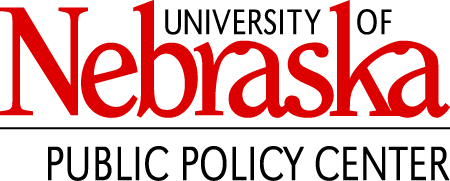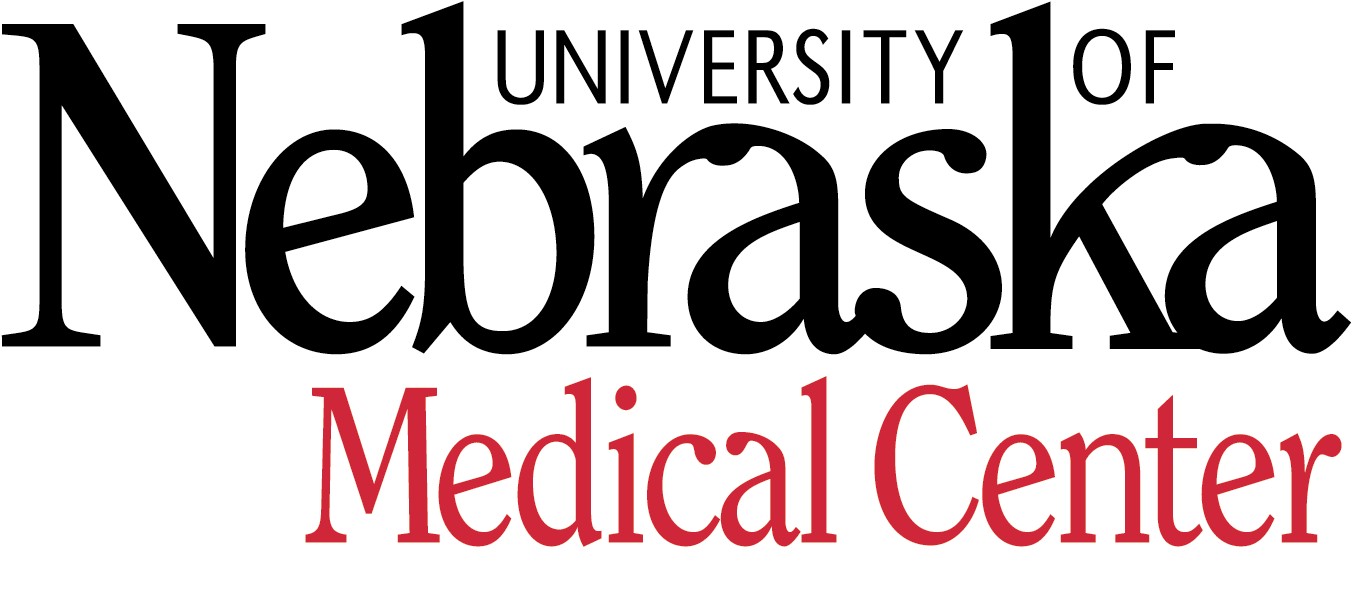Nebraska Disaster Behavioral Health Conference
The Nebraska Disaster Behavioral Health Conference is for psychiatrists, psychologists, social workers, mental health care providers, public health officials, nurses, clergy, emergency managers, and first responders to learn and recognize how to prepare and respond to the psychological effects of disaster and mass casualties.
2011 Conference
July 15, 2011
Omaha, Nebraska
Objectives
1
Describe the reasons to and application of a multi-disciplinary approach to threat assessment, citing specific examples of this approach.
2
Describe the physiological effects for law enforcement officers during prolonged incidents.
3
Identify the psychological needs of law enforcement officers after a large scale incident.
4
Identify ways in which the ethical paradigm for clinical medicine shifts during some disasters, comparing and contrasting ordinary clinical ethics with ethics in the Rescue Paradigm.
5
Identify higher level ethical commitments that pertain in all clinical contexts and show how these commitments dictate the shift to the Rescue Paradigm.
Conference Speakers
Lt. David Okada
FBI Joint Terrorist Task Force and local FBI Terrorism Working Group member, Adult Threat Advisory Team and Student Threat Assessment Team coordinator
Lieutenant David Okada began his law enforcement career in 1987. He coordinates departmental participation and investigations on multi-agency Adult Threat Advisory Team as well as the multi-agency Student Threat Assessment Team. He is a current member of FBI Joint Terrorist Task Force and local FBI Terrorism Working Group and actively participates in the criminal intelligence network in the Salem area. Lt Okada graduated Cum Laude from Willamette University with a BA in Psychology. He is also a graduate of the FBI National Academy, DEA Drug Unit Commander’s Academy, National Center for Missing and Exploited Children Commander’s Academy and the Oregon Executive Development Institute. Lt Okada served as the Northwest Chapter Sergeant at Arms and two terms as President.
Presentation Objectives
- Describe the reasons to employ a multi-disciplinary approach to threat assessment.
- Describe how to apply a multi-disciplinary approach to threat assessment.
- Identify examples of successful applications of the multi-disciplinary model of threat assessment.
Ofc. David J. Staskiewicz
Omaha police officer, Nebraska State Patrol trooper on the Drug Interdiction Team, SWAT team member, and K-9 handler, and served with the Nebraska National Guard
Officer David J. Staskiewicz is a 21-year law enforcement veteran. He served as a Trooper with the Nebraska State Patrol where he was on the Drug Interdiction Team, a SWAT Team member, and a K-9 Handler. In 1998, Officer Staskiewicz left the Nebraska State Patrol and joined the Omaha Police Dept. During the past 13 years, his assignments have included the department’s Gang Unit, Hot Spot Bike Patrol and Training Academy. Officer Staskiewicz holds several instructing certifications, which include Range Master, Firearms, Patrol Rifle, Active Shooter and Taser. Ofc. Staskiewicz also served nine years with the Nebraska National Guard. On December 5, 2007, Ofc. Staskiewicz was assigned to the Eppley Airport Command Post for President George W. Bush’s visit to Omaha and was a first responder for the Von Maur shooting, entering the store as a member of the Omaha Police Department’s Active Shooter Response Team.
Presentation Objectives
- Describe the response by Law Enforcement to a large scale mall shooting.
- Describe the physiological effects for Law Enforcement officers during prolonged incidents.
- Identify psychological needs of law enforcement officers after a large scale, critical incident.
Griffin Trotter, Ph.D., M.D.
Department of Health Care Ethics professor with a clinical appointment in the Department of Surgery at Saint Louis University
Presentation Objectives
- Identify ways in which the ethical paradigm for clinical medicine shifts during some disasters, comparing and contrasting ordinary clinical ethics with ethics in the Rescue Paradigm.
- Identify higher level ethical commitments that pertain in all clinical contexts and show how these commitments dictate the shift to the Rescue Paradigm.
- Identify common myths that vitiate strategic and tactical decisions in disaster medicine.
- Identify and discuss eight specific guidelines for clinical decision making in disasters.
Conference Materials

Conference Agenda
Contacts
University of Nebraska Public Policy Center
Disclaimer
This website is part of a coordinated effort on behalf of the U.S. Federal Government and the Nebraska Department of Health and Human Services Division of Public Health, Division of Behavioral Health, and the University of Nebraska Public Policy Center. Funding was made possible [in part] by U3REP190555 from the Office of the Assistant Secretary for Preparedness and Response (ASPR). The views expressed in written materials or publications do not necessarily reflect the official policies of the U.S. Department of Health and Human Services or the Nebraska Department of Health and Human Services, Division of Public Health; nor does mention of trade names, commercial practices, or organizations imply endorsement by the U.S. Government or the State of Nebraska.








